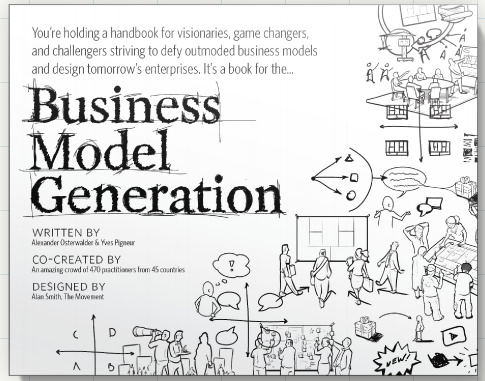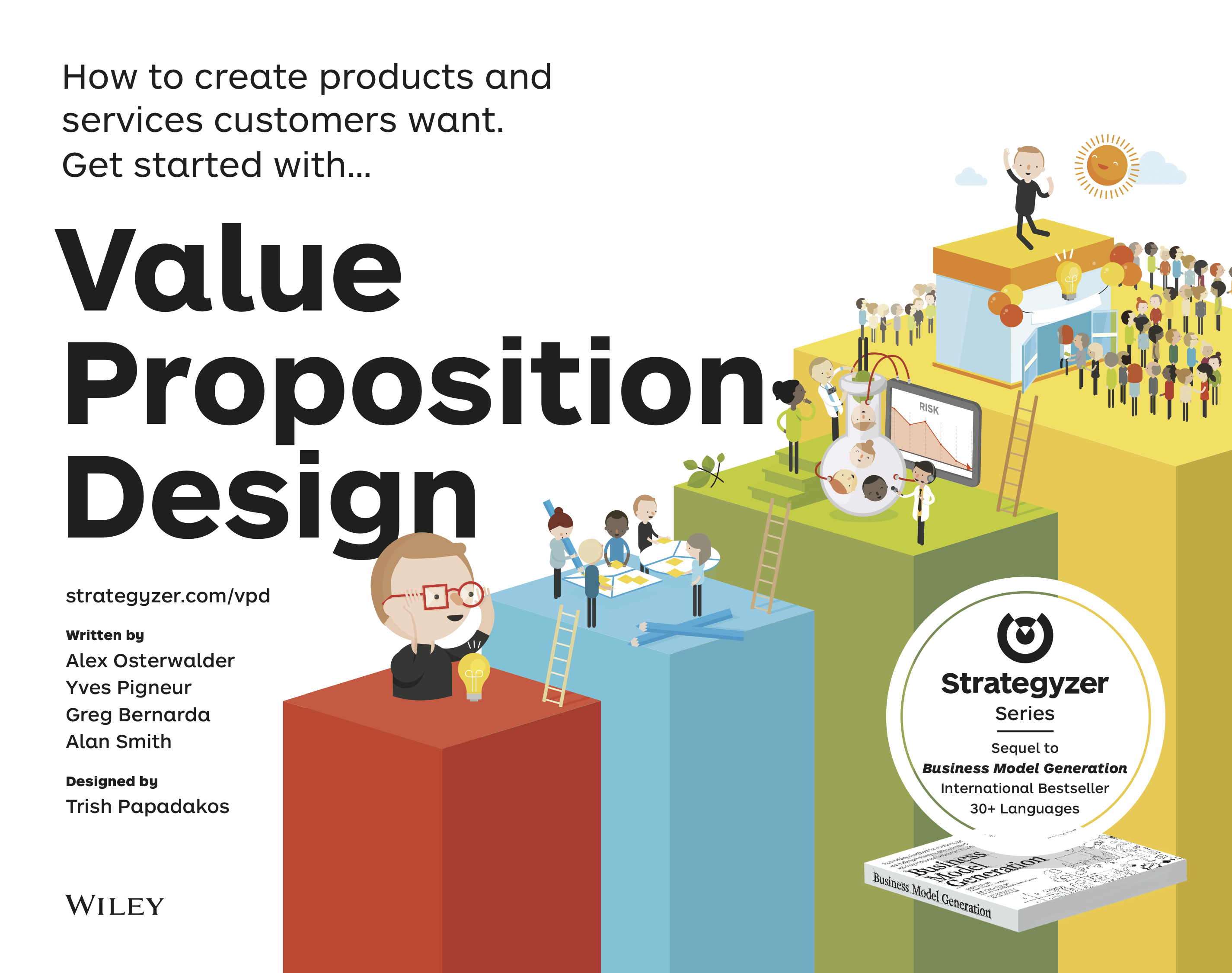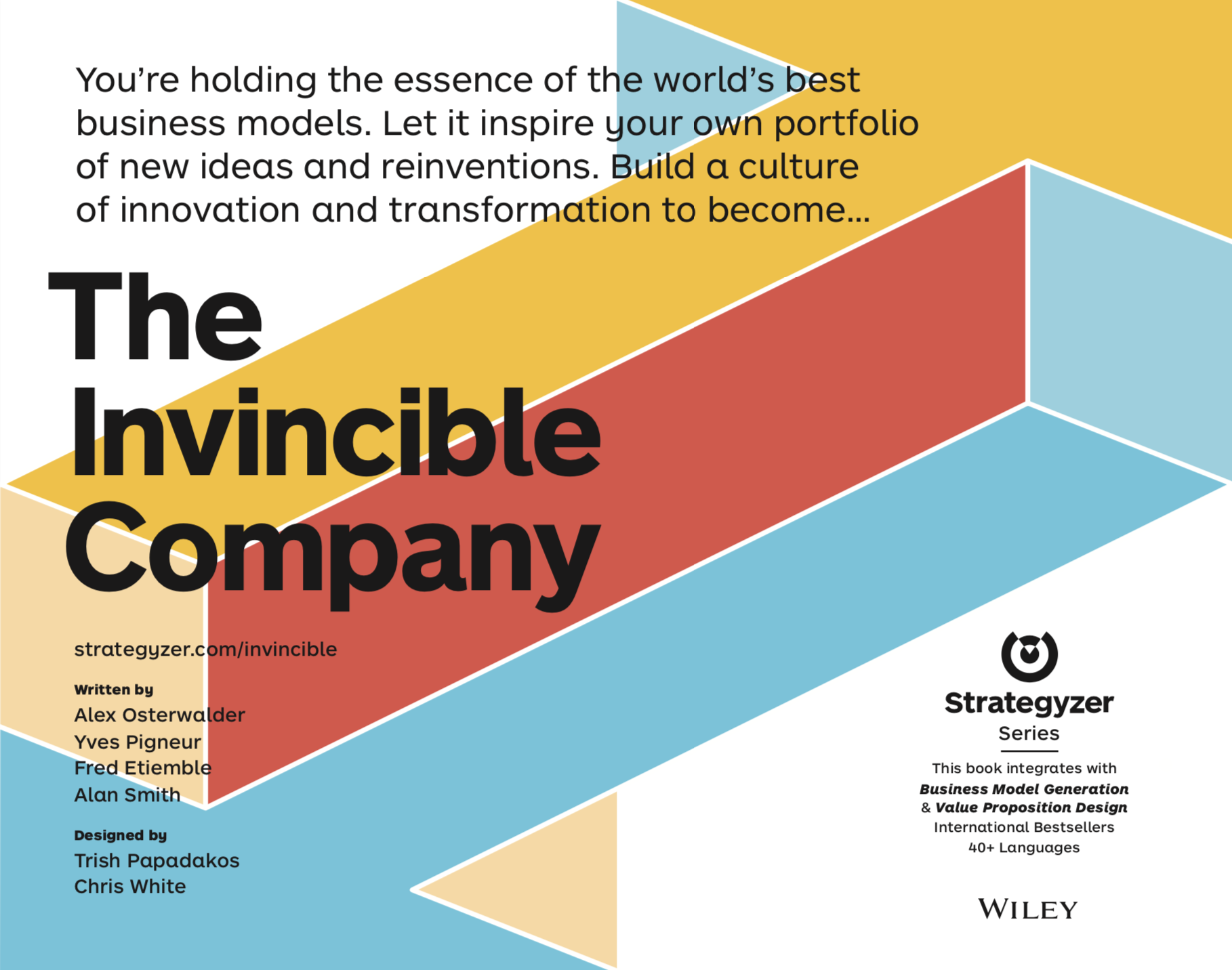SIM – IS & serious gaming
CfP for a special issue “IS & serious gaming”
This special issue aims at consolidating research on the art and science of Serious Games amongst the management and education research science community.
Guest editors
Hélène Michel, Grenoble Ecole de Management &
Peter Mc Namara, University College Dublin
Paper submission: September 31st, 2013
(on the SIM web site: here)
|
Serious Games: How can one define such an oxymoron? Serious Games are often considered to be technological applications that use games to engage individuals in an experience through which a learning or professional training aim can be explored. Serious Games use computer-mediated environments to facilitate experiential learning by simulating a real life business environment, enabling participants to explore the complexities of a business problem, including the emotional challenges. A benefit is that the learner has the opportunity to explore the dynamics of a business experience without the real life business and career consequences that may flow from failure. This provides learners with a ’safe’ environment in which to explore the casual links between action and outcomes that can assist in the process of converting conceptual learning into application. Serious Games as learning methods have been widely developed since the 2000s mainly through a combination of major companies’ projects or calls for tender and education initiatives by academics and academic publishers developing games for third level education programs. Many applications emerged in higher and continuing education, internal and external communication or public marketing. Today, new perspectives are explored in different dimensions of the organization: human resources management (through recruitment and assessment), knowledge management or innovation. In a broader perspective, other concepts such as serious gaming or gamification are of interest for this special issue:
These objects challenge the notions of prevention, training, knowledge assessment, coaching, communication, data collection, etc. in various fields such as education, healthcare, marketing, safety, culture to name but a few. From an academic point of view, serious games are studied in different disciplines, as informatics, psychology, education sciences or communication. In a decade, they became a field of research and business. Despite the growth in the use of serious games as an education and business development experiential learning tool, many management, education and development research questions remain underexplored and the literature remains disparate. Main themes
|




